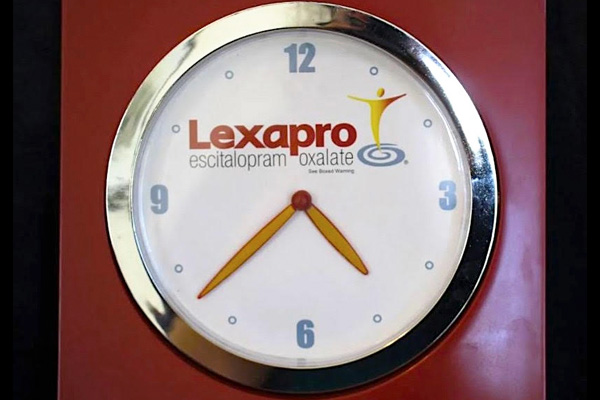CVS says: “NO WAY”? –
Oct.26, 2020 – Antidepressants, once hailed as the definitive treatment of depression, have suffered significant blows to their reputation. Recently, a change in the UK’s NICE (National Institute for Health and Care Excellence) guidelines, followed by the acknowledgment of their long-lasting harms by the former president of the Royal College of Psychiatrists, has brought their risks into sharp focus.
New reviews have noted that the withdrawal effects of antidepressants can last longer than a year. A recent study found that when ineffective antidepressants are augmented by antipsychotics, early death rates increase by 45%. Other researchers have pointed to rampant industry corruption in clinical trials of antidepressants.
In this evidence synthesis, the well-known researchers note that antidepressant use has increased exponentially across the world, and over 60% of the people taking them have been doing so for more than 2 years.
The researchers begin by reviewing what statistical significance means in antidepressant trials. Here they analyze the use of the popular Hamilton Depression Rating Scale (HDRS). In a clinical trial, whether a drug is effective or not for depression is often measured by the average drop points on this scale; it is supposed to represent a drop in the severity of depression symptoms.
The scale is mired in numerous controversies, however. Earlier a drop of 3 points on the scale was considered to be clinically significant; this was displayed on the NICE website but has since been removed because of numerous criticisms. Despite this, many studies still continue to use this benchmark to suggest that a drug is working. Some studies show that such a small change on the HDRS scale produces no change in the person’s condition and is undetectable in clinical practice. Others have argued that a change of 7 points is necessary for any clinical improvement to be identified.



